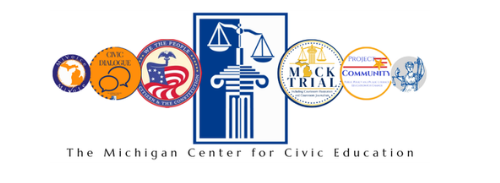In this lesson, students will identify essential components of a functioning democracy. They will be presented with “borderline” countries – hypothetical nations that exhibit some, but not all, of the characteristics of a democracy. Through discussion and group work, students will expand their understanding of democracy and see different manifestations of democratic practices.
Civics Lessons
What is Democracy?
Teaching about Due Process
This lesson presents the idea of Due Process. Students learn about Due Process with a scenario that sets out a number of issues that have to do with the due process of law.
Colonial Influences
American colonists had some strong ideas about what they wanted in a government. These ideas surface in colonial documents, and eventually became a part of the founding documents like the Declaration of Independence and Constitution. But where did they come from? This lesson looks at the Magna Carta, Mayflower Compact, English Bill of Rights, Cato’s Letters and Common Sense.
What is the Role of the President in the American Constitutional System?
This lesson examines sources of presidential power and ways that checks and balances limit presidential power. Students explain the president’s constitutional responsibilities, identify checks on the president’s power, and defend positions involving the exercise of presidential power.

